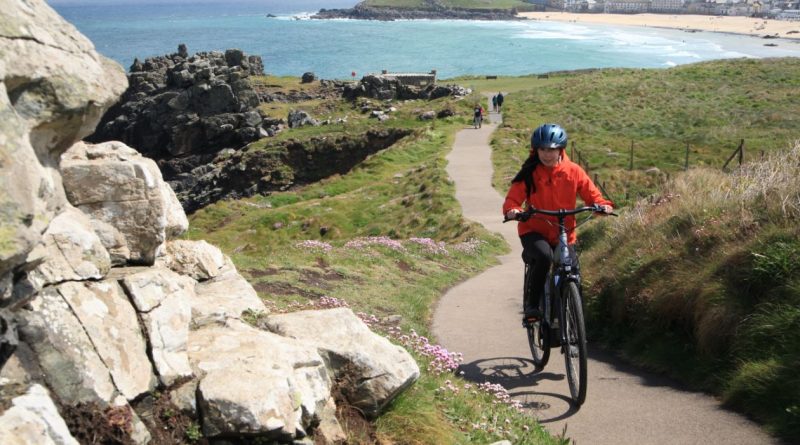Pan-European ‘master plan’ for cycling promotion laid out
A pan-European ‘master plan‘ for cycling promotion has this week been signed off for adoption at the Fifth High-Level Meeting on Transport, Health and Environment (THE PEP).
The Master Plan is designed to help national and local stakeholders streamline efforts to promote cycle use. It contains seven key objectives to be implemented by 2030: significantly increase cycling in the region; provide appropriate space in favour of active mobility; extend and improve cycling infrastructure; develop and implement national cycling policies, plans, strategies and programmes; significantly increase cyclists’ safety and reduce the number of fatalities and series injuries; integrate cycling into health policies; and integrate cycling and cycling infrastructure into land use, urban, regional and transport infrastructure planning.
“Adopting the first pan-European Master Plan for Cycling Promotion is a historic milestone for Europe on the way to a climate neutral mobility system. Cycling brings a triple benefit to our societies: boosting local economy with more green jobs, increasing people´s health and protecting actively our climate.” said Leonore Gewessler, Federal Minister for Climate Action, Environment, Energy, Mobility, Innovation and Technology of Austria.
THE PEP, which is jointly serviced by UNECE and the World Health Organization (WHO) Regional Office for Europe, has outlined the benefits in monetary terms, revealing an estimated indirect economic benefit amounting to €78 billion per year based on the health benefits of doubling cycling rates by 2030; a goal widely held in Europe. It is believed that 30,000 premature deaths could be avoided with the culture shift.
With input from the European Cyclists’ Federation (ECF) and the Confederation of the European Bicycle Industry (CONEBI) it has been forecast that doubling the modal share of cycling in the European Union would create an additional 400,000 jobs and an additional €3.5 billion turnover in retail bicycle sales. It is further said that over 76,600 people would be employed in green and healthy transport every year if major European cities reached the cycling modal share of Copenhagen.
“The shift towards sustainable mobility opens up many opportunities - for instance, greening the transport sector could create up to 15 million jobs worldwide, including 3.4 million in our region“, said Olga Algayerova, Executive Secretary of UNECE. “The Cycling Master Plan provides us with the blueprint to capitalise on the growing momentum for active mobility observed during the COVID-19 pandemic and to go much further. Let’s seize this potential in all countries of the region.”
The result of such a shift would undoubtedly benefit the emissions reduction goals of the EU and, if achieved, the ambition would equate to a reduction of greenhouse gas emissions by 8 million tonnes of carbon dioxide equivalent (CO2e) with indirect economic benefits of €1.1 billion per year in the region.
The other key benefit and challenge to cities is reduction of congestion. Doubled ridership rates would increase the share of public space available to people, with indirect economic benefits calculated at €4.9 billion. A parked car needs more than eight times, and a moving car 28 times, the space required by a moving bicycle.
To help all countries in the EU region unlock the potential of cycling, the Master Plan includes 33 recommendations, grouped under 11 areas:
- Develop and implement a national cycling policy, supported by a national plan
- Improve the regulatory framework for cycling promotion
- Create a user-friendly infrastructure
- Provide sustainable investment and efficient funding mechanisms
- Include cycle use in the planning processes and facilitate multimodality
- Promote ridership through incentives and mobility management
- Improve health and safety
- Improve statistics for use in efficient monitoring and benchmarking
- Promote tourism by bike
- Make use of new technology and innovation
- Promote cycle use for a more resilient transport system
With the support of THE PEP, it is hoped that member States will utilize the Master Plan to its full potential in order to realise the environmental, social and economic benefits that bike riding brings.
The pan-European Master Plan for Cycling Promotion was elaborated under THE PEP Partnership on Cycling, jointly launched by the Federal Ministry of Climate Action, Environment, Energy, Mobility, Innovation and Technology of Austria and the Ministry for an Ecological Transition of France. It brings together the experience and expertise of cycling experts from 28 countries all over the pan-European region.



